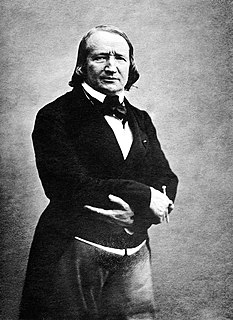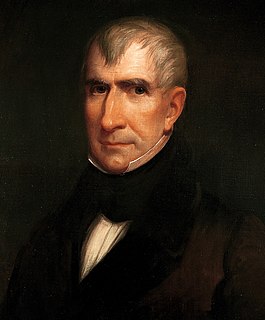A Quote by Graham Swift
Literature is the voice of the human heart.
Quote Topics
Related Quotes
Our voice resonates with life. Because this is so, it can touch the lives of others. The caring and compassion imbued in your voice finds passage to the listener's soul, striking his or her heart and causing it to sing out; the human voice summons something profound from deep within, and can even compel a person into action.
One task of literature is to formulate questions and construct counterstatements to the reigning pieties. And even when art is not oppositional, the arts gravitate toward contrariness. Literature is dialogue: responsiveness. Literature might be described as the history of human responsiveness to what is alive and what is moribund as cultures evolve and interact with one another.
Not only does the modern person often think that sight is more important than sound - there's no objective evidence to indicate that. Many people, even audiologists who study the science of human speech and hearing, have assumed for a long time that the human ear evolved to hear the human voice, rather than the voice changing to fit the human ear. And the human ear is actually not a perfect match if we map its sensitivity to the different frequencies in the human range of hearing; it's an unequal curve, it's kind of a wavy line.


































